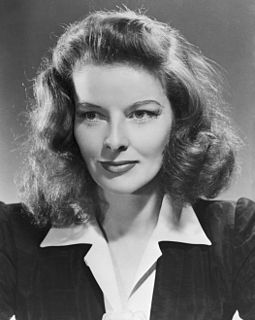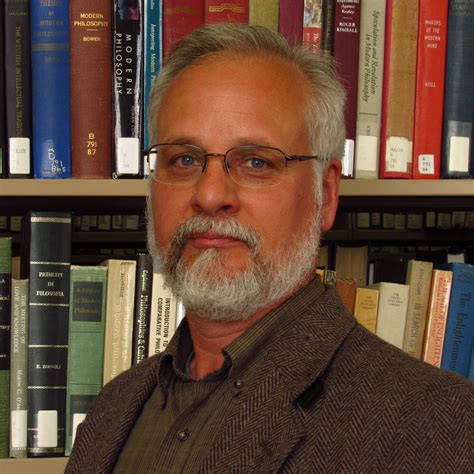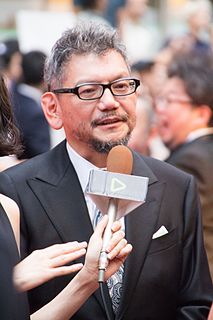A Quote by John Updike
Narrative and metaphysics alike become flimsy and frivolous if they venture too far from the home base of all humanism - the single, simple human life that we all more or less lead, with its crude elementals of nurture and appetite, love and competition, the sunshine of well-being and the inevitable night of death. We each live this tale. Fiction has no reason to be embarrassed about telling the same story again and again, since we all, with infinite variations, experience the same story.
Quote Topics
About
Again
Again And Again
Alike
Appetite
Base
Become
Being
Competition
Crude
Death
Each
Elementals
Embarrassed
Experience
Far
Fiction
Frivolous
Home
Home Base
Human
Human Life
Humanism
Inevitable
Infinite
Lead
Less
Life
Live
Love
Metaphysics
More
More Or Less
Narrative
Night
No Reason
Nurture
Reason
Same
Same Story
Simple
Since
Single
Story
Sunshine
Tale
Telling
Too
Variations
Venture
Well
Well-Being
Related Quotes
Once you play with these scenes and you're outlining it, again and again, and telling each other the narrative, and telling it to people you know, trying to make sure that the mathematics of the story work, you feel that those are in place, and the actual writing and final draft doesn't take as long.
It's only a story, you say. So it is, and the rest of life with it - creation story, love story, horror, crime, the strange story of you and I. The alphabet of my DNA shapes certain words, but the story is not told. I have to tell it myself. What is it that I have to tell myself again and again? That there is always a new beginning, a different end. I can change the story. I am the story. Begin.
I want to live for my truth, my reality, what is important to me and what I’m passionate about. I love acting, and I love being able to tell a story, but working with another human being who is struggling with the same thing that I’ve struggled with, and guiding them towards hope and redemption - it’s you know it’s a triumph, it’s a story of the triumph of the human spirit.
The problem, Mitch, is that we don't believe we are as much alike as we are. Whites and blacks, Catholics and Protestants, men and women. If we saw each other as more alike, we might be very eager to join in one big human family in this world, and to care about that family the way we care about our own. But believe me, when you are dying, you see it is true. We all have the same beginning - birth - and we all have the same end - death. So how different can we be? Invest in the human family. Invest in people. Build a little community of those you love and who love you. Morrie Schwartz
As with Hobbes, we see again, the power of fiction. Rousseau's acount of natural man was no more real than Hobbes's, but following the same pattern, once it became the accepted story of human origins, it thereby exercised the power of a self-fulfilling prophecy. In imagining Rousseau to be right, we have become what Rousseau imagined.
The ‘experimental’ writer, then, is simply following the story’s commands to the best of his human ability. The writer is not the story, the story is the story. See? Sometimes this is very hard to accept and sometimes too easy. On the one hand, there’s the writer who can’t face his fate: that the telling of a story has nothing at all to do with him; on the other hand, there’s the one who faces it too well: that the telling of the story has nothing at all to do with him
I once wrote a short story called 'The Best Blues Singer in the World,' and it went like this: 'The streets that Balboa walked were his own private ocean, and Balboa was drowning.' End of story. That says it all. Nothing else to say. I've been rewriting that same story over and over again. All my plays are rewriting that same story.
Eva is a story of repetition. It is a story where our protagonist faces the same situation many times over and determinedly picks himself back up again. It is a story of the will to move forward, even if only a little. It is a story of the resolve to want to be together, even though it is frightening to have contact with others and endure ambiguous loneliness. I would be most gratified if you found enjoyment in these four parts as it takes the same story and metamorphoses it into something different.
Most people who read the autobiography perceive the narrative as a story that now millions of people know, and it was - it's a story of human transformation, the powerful epiphany, Malcolm's X journey to Mecca, his renunciation of the Nation of Islam's racial separatism, his embrace of universal humanity, of humanism that was articulated through Sunni Islam. Well, that's the story everybody knows.







































